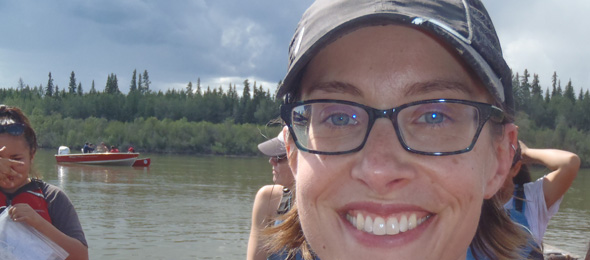
Audrey is an Associate Professor in the School of Human Kinetics at the University of Ottawa. For over ten years, she has conducted research with Aboriginal peoples in Canada’s north. Her research focuses on documenting traditional knowledge concerning water safety, the importance of accounting of cultural aspects of risk communication in drowning prevention, the importance of examining gender as a variable in drowning prevention programs, and the cultural adaptation of drowning prevention resources. She is currently an Expert Advisory Committee member for Parachute Canada (the leading injury prevention organization in Canada), a founding and current member of the Northwest Territories Recreation and Parks Association’s Aquatics Committee, a trainer for the Pleasure Craft Operator Card (boating licence), an instructor for the Canadian Injury Prevention Curriculum.
Follow Audrey on:
Some publications:
- Giles, A. R. &, Castleden, H. & Baker, A. C. (2010). “We listen to our Elders. You live longer that way”: Examining aquatic risk communication and water safety practices in Canada’s North. Health and Place, 16, 1-9.
- Giles, A. R., Strachan, S. M., Stadig, G. S., & Baker, A. C. (2010). “Don’t be scared, you don’t have to wear a lifejacket”: Using the Theory of Planned Behaviour to understand lifejacket usage in Tuktoyaktuk, Northwest Territories. Polar Record, 46, 328-335.
- Rousell, D., & Giles, A. R. (2012). Leadership, power and racism: Lifeguards’ influences on Aboriginal people’s experiences at a Northern Canadian aquatic facility. Leisure Studies,4(31), 409-428.
- Rich, K., & Giles, A. R. (2013). Contextually appropriate aquatic programming in Canada’s North: The Shallow Water Pool Lifeguard Certification. Canadian Journal of Native Studies, 33(1).
- Giles, A. R., Strachan, S. M., Doucette, M. M., Stadig, G. S., & the Municipality of Pangnirtung. (2013). Using the vulnerability approach to understand aquatic-based risk and adaptation due to climate change in Pangnirtung, Nunavut. Arctic, 66(2), 207 – 217.
- Rich, K., & Giles, A. R. (2014). Examining whiteness and Eurocanadian discourses in the Canadian Red Cross’ Swimming and Water Safety Program. Journal of Sport and Social Issues, 38(5) 465–485.
- Giles, A. R., Brooks Cleator, L., McGuire-Adams, T., & Darroch, F. (2014). Drowning in the social determinants of health: Understanding policy’s role in high rates of drowning in Aboriginal communities in Canada. Aboriginal Policy Studies, 3(1-2), 198-213.
- Rich, K., & Giles, A. R. (in press). Bridging the waters of sport management and critical whiteness theories to examine cultural safety training for instructors of the Canadian Red Cross’ Swimming and Water Safety Program. Journal of Sport Management

